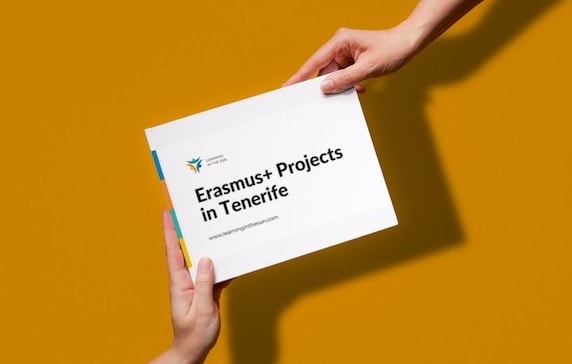In this course, educators, trainers, and teachers will learn how to incorporate education for sustainable development (ESD) into their educational work with young people.
The purpose of this course is to examine ESD principles, values, concepts, policies and practices as they are implemented in schools and how they affect children and youth.
By the end of the course, participants will have up-to-date knowledge, tools, and methods for incorporating sustainable development into their classes. As a result, it strives to change students’ behavior and contribute to social progress.
In 30 hours during one week, we will talk about topics such as strategies, methods, and tools to engage young people.







* paid activity
1-Week Course
We are working on the next dates, please stay tuned.
Right next to the Botanical Garden in Puerto de la Cruz, Tenerife, is the FU International Academy where your course takes place. You’ll study in a relaxed atmosphere in an international setting. During your break you can enjoy the conversation with your classmates on the sun terrace of our own cafetería, the FU Café.
The acquired tools and techniques can be further implemented at work with children, colleagues or adult students.
The base course price is indicated above and includes all the features listed below the price.ᅠ
We can arrange additional services for you, such as accommodation (hotels & self-catering apartments), half-day and one-day trips, cultural activities, airport transfer, and local transportation. Most of them can be added during the booking process.

We take your privacy seriously. See our Privacy Policy.